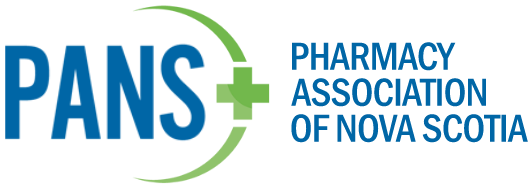Immunizations
Immunization is one of the most important and effective public health innovations in Canada. Immunization has saved more lives than any other health intervention and has contributed to the reduction in disease and death in adults, children, and other vulnerable populations. Without immunizations, we can expect serious outbreaks of many diseases that we are now protected against.
Immunization does not only protect the people who get immunized – it protects those around them too. When a majority of the people in a community are immunized against a disease, it greatly reduces the chances of that disease spreading in the community. It also helps protect people such as infants, who are too young to be immunized, and those who are not able to get immunized due to medical reasons.
Since the pandemic began, people are starting to think more about vaccines and the importance of being fully vaccinated for other illnesses. Vaccines can come in: injection, capsule/pill, liquid, and nasal sprays. Many adults are out of date or missing some of the adult vaccines.
Not publicly funded vaccines, that can be provided in a pharmacy (but are still very important to get) include:
Adults:
• Tetanus, Diphtheria and Pertussis (Tdap) Vaccine
• Hepatitis A and B Vaccine
• Human Papilloma Virus (HPV) Vaccine
• Influenza (Flu) Vaccine
• Meningococcal (Meningitis) Disease Vaccine
• Pneumococcal (Pneumonia) Disease Vaccine (Over age 65)
• Herpes Zoster (Shingles) Vaccine
Infants/Adolescents:
• Tetanus, Diphtheria and Pertussis (Tdap) Vaccine
• Hepatitis A and B Vaccine
• Human Papilloma Virus (HPV) Vaccine
• Influenza (Flu) Vaccine
• Meningococcal (Meningitis) Disease Vaccine
• Pneumococcal (Pneumonia) Disease Vaccine (Under 2 years of age)
• Measles, Mumps and Rubella (MMR) Vaccine
• Varicella (Chicken Pox) Vaccine
• Typhoid Fever Vaccine
To find out more information about the above vaccines, visit either of the pages below:
Not just kids: An adult guide to vaccination
Flu Season
With flu season around the corner, it is good to keep in mind that COVID-19 and the flu can have similar symptoms. If you start to develop any of the symptoms below, follow the same precautions you take for COVID-19.
Flu symptoms may also vary from person to person. Some people only get mildly ill and others get very sick. Flu symptoms appear 1 to 4 days after exposure to the virus.
Usually, they include the sudden appearance of:
• fever
• cough
• muscle aches and pain
Other common symptoms may include:
• headache
• chills
• fatigue (tiredness)
• loss of appetite
• sore throat
• runny or stuffy nose
Some people (especially children) may also have:
• diarrhea
• nausea and vomiting
In addition, children may also experience:
• not drinking or eating as usual
• not waking up or interacting with others
• irritable (not wanting to play or be held)
It is important to always keep up to date with immunizations. Visit the Immunization Schedules for Infants/Children and Adults to find out how often to receive vaccines.
Sources
Immunize Canada
Government of Canada – Flu
Government of Canada – COVID19
Government of Canada – Adolescent Vaccines
Government of Canada – Adult Vaccine
Government of Canada – Infant/Children Vaccine Schedule
Government of Canada – Adult Vaccine Schedule
